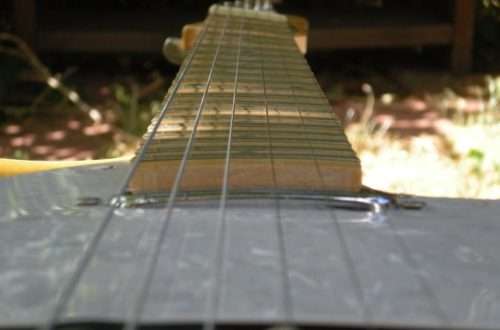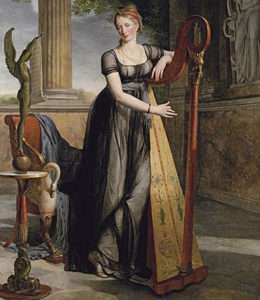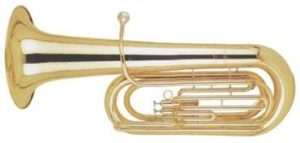What types of musical professions are there?
Contents
It would seem that classical music is a narrow area of activity for a select circle of people. In fact, there are quite a few professional musicians in society. This is not surprising, because hundreds of millions of people on the planet listen to music, and music must come from somewhere.
Today we will talk about where musicians work and name the most common musical professions. If earlier, just about 200 years ago, a professional musician had to be universal, that is, be able to play several musical instruments at once, compose music and improvise, promote his own compositions for performance on stage, now all these functions are divided between different specialists -musicians.
Music creators – composers and arrangers
First, let’s look at a group of musical professions that involve creating music. This . Composers write music for songs, plays, films, and also for performance in concert halls.
Despite the fact that many popular musical compositions are created using computer programs, composer’s music does not lose its relevance, if only because it is composers who ensure constant movement forward. They are “inventors”, and unless some cool feature is invented by a trained composer, it will never appear in electronic programs for creating music.
Arrangers help distribute composer’s music – these are people who prepare music for performance by a group of musicians. For example, there is a cool song for a vocalist with a modest piano accompaniment, the arranger can remake it so that it can be performed, for example, by the following composition: 3 vocalists, guitars, flute, violin, drums and keys. And because of this, the song should somehow be embellished, and at the same time not lose the composer’s originality – this is the professionalism and element of co-creation of the arranger when working with the original version of the composition.
By the way, both composers and arrangers actively use various programs for recording notes in their work. Before the advent of duplicating equipment and special music editors, another old profession was common – modern analogy -.
Music performers – singers, instrumentalists and conductors
Now let’s see what musical professions exist in connection with the performance of music. Music can be vocal (that which is sung) and instrumental (that which is played). It is clear that among the musicians there are (perform alone – for example, pianists, violinists, singers, etc.) and those who take part in various forms of ensemble playing or singing (any musicians)
There are different types of ensembles: for example, several musicians can unite in a chamber ensemble (duets, trios, quartets, quintets, etc.), this can also include pop groups. Participants in such associations are: There are larger associations – a variety of orchestras and choirs, and hence such musical professions as
Orchestras and choirs are either independent musical groups or large groups of musicians serving performances in theaters, church services or, for example, a military parade. Naturally, in order for the playing of the orchestra and the singing of the choir to be harmonious, the groups need leaders –
Conducting is another important musical profession. There are different conductors. Actually, these are the leaders of orchestras (symphony, pop, military, etc.), work in secular choirs, and manage church choirs.
Assistant conductors in an orchestra are musicians responsible for the quality of the playing of any orchestral group (for example, a violin accompanist or a brass instrument accompanist). The accompanist of the entire orchestra is the first violinist – before the start of the game, he walks around all the musicians and, if necessary, adjusts the tuning of the instruments; he also, if necessary, replaces the conductor.
The word accompanist has another meaning. is a musician (usually a pianist) who accompanies singers and instrumentalists (as well as their ensembles) during performances and rehearsals, and helps soloists learn their parts.
Musicians-teachers
There are employees in schools, colleges and conservatories who devote themselves to training future professionals. You can read a separate article about what is taught in a music school – “What children study in a music school.” In ordinary schools and kindergartens, those who educate with music work.
Music organizers and PR people
These are people who promote musical projects – they are not always musicians by training, but they are well versed in talent. This group also includes hosts of concerts and theme evenings.
Musicians in the media, radio and television
Many musicians work in this area. This . This is due to the fact that many music and entertainment programs are broadcast on television and radio. In creating products for a mass audience (films, TV shows, music albums, etc.) they take on a large role.
Other musical professions
There are many other professions related to music. The professions acquired a certain scientific bias. Such musical professions as etc. are of an applied nature.
This is not a complete list of those professions that are in one way or another connected with music. Special musical education is received in colleges and conservatories, as well as in the music faculties of pedagogical universities and cultural institutes. However, obtaining a conservatory diploma is not equally important for all people working in the musical field; the main professional quality is and remains the love of music.



